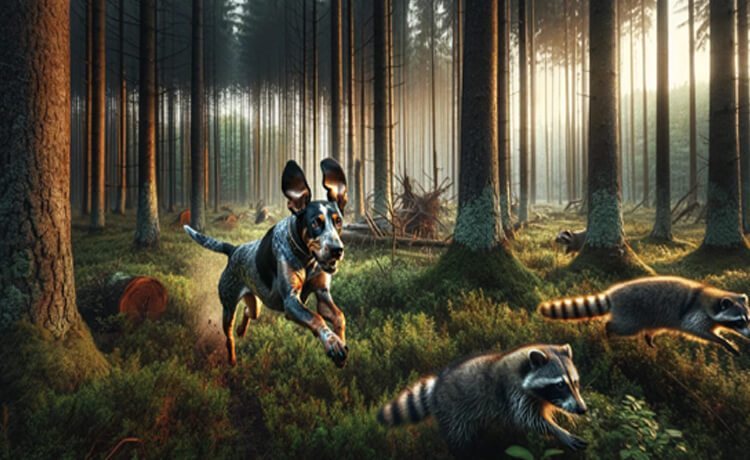
Bluetick Coonhound
The English Foxhound is a classic, robust breed known for its stamina, pack-friendly nature, and rich hunting history. This breed is a blend of athleticism, loyalty, and a friendly disposition, making it a unique member of the hound group.
Appearance:
The English Foxhound has a strong, symmetrical build, designed for long pursuits in the field. Key features include:
- Size: Males typically stand 22 to 25 inches at the shoulder; females are slightly smaller.
- Weight: Usually ranges from 60 to 75 pounds.
- Coat: Short and dense, providing protection from the elements during hunts.
- Color: Traditionally seen in a tricolor pattern (black, white, and tan), but other combinations such as bicolor exist.
Temperament:
Renowned for their amiable and social nature, English Foxhounds are excellent pack dogs and thrive with other dogs or in social settings. They are:
Essentials for Your Newly Adopted Pet
Welcoming a shelter pet into your life is a beautiful journey. Here are some handpicked items to help your new friend feel safe, loved, and right at home:
- Gentle and Friendly: With a warm disposition towards family members and strangers.
- Energetic: Require ample exercise due to their history as hunting dogs.
- Independent: Have a natural hunting instinct, which can sometimes translate to a strong-willed or stubborn streak.
- Vocal: Known for their distinctive, melodious baying voice that echoes their hunting background.
Exercise Needs:
English Foxhoundsare highly energetic and require daily physical activity to keep them happy and healthy. Ideal activities include:
- Long walksor runs.
- Hikingor outdoor adventures.
- Playtimein a secure yard.
They are not suited to apartment living unless their exercise needs are thoroughly met.
Health:
The English Foxhound is generally healthy but, like all breeds, may face certain health concerns:
- Hip Dysplasia: Common in many larger breeds.
- Ear Infections: Due to their floppy ears, which can trap moisture.
- Obesity: Regular exercise and a balanced diet help maintain a healthy weight.
With proper care, they can live 10 to 13 years or more.
History and Origin:
The English Foxhound was developed in England as far back as the 16th century for the traditional fox hunting sport. Breeders focused on creating a dog with exceptional stamina, keen scent-tracking ability, and a strong, cooperative pack instinct. They were bred by crossing various hounds such as the Greyhound for speed, the Bulldog for tenacity, and the Fox Terrier for agility.
Grooming:
English Foxhoundshave low grooming needs:
- Coat Maintenance: Weekly brushing is sufficient to keep their short coat in good condition.
- Ear Care: Regular ear checks and cleaning to prevent infections.
- Nail Trimming: Every few weeks to avoid overgrowth.
Ideal Home:
The ideal home for an English Foxhound includes:
- Active Families: Preferably those who enjoy outdoor activities.
- Homes with Yards: To provide space for roaming and play.
- Other Dogs: They thrive in the company of other canines due to their pack nature.
They are generally good with children but may be too energetic for very young ones. Early training and socialization are important to ensure they grow into well-mannered adults.
Fun Facts:
- The English Foxhound is one of the four foxhound breeds and is less commonly kept as a pet than the American Foxhound.
- Known for their enduring energy, they can run for miles without tiring.
- The breed is rare outside hunting circles but has a loyal following among enthusiasts.
Conclusion:
The English Foxhound is an enduring symbol of traditional English hunting culture, offering a blend of endurance, loyalty, and sociable temperament. For active families or individuals who appreciate a dog with a strong heritage and boundless energy, the English Foxhound makes an excellent companion.
Affiliate Products
Up to 75% Discount

Dog Collar with Health Monitoring
BUY NOW »
Up to 55% Discount

Luxury Faux Furhuge Napping Bed
BUY NOW »

